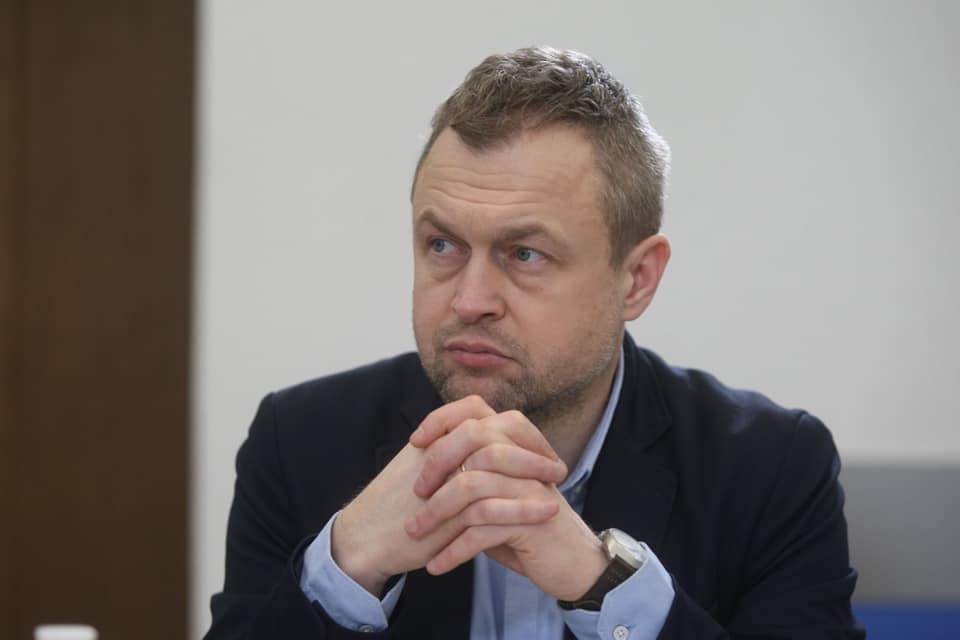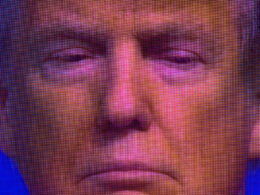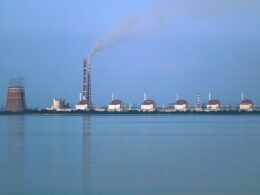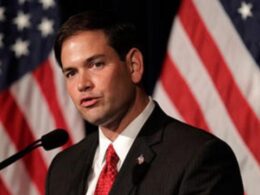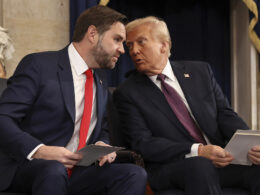The political dynamics surrounding Ukraine’s defense have shifted significantly, if unsettlingly. The United Kingdom took the lead at the Ukraine Defense Contact Group meeting in Brussels yesterday. In contrast, the US took a more passive role under new Defense Secretary Pete Hegseth. Hegseth echoed President Trump's desire to end the war but made two stark points: Ukraine would neither join NATO nor reclaim its 1991 borders.
As the Munich Security Conference looms tomorrow, with the war in Ukraine at the center of the discussions, the echoes of the 1938 Munich Conference, where European powers made concessions to Hitler, are hard to shake. Now, Vice President JD Vance prepares to present a peace proposal crafted without Ukrainian President Zelenskyy's input while concerns mount about further Russian territorial ambitions.
This shift in Western policy represents the latest in a troubling pattern of broken promises to Ukraine, harkening back to the 1994 Budapest Memorandum. At the time, Ukraine relinquished its nuclear weapons in exchange for security guarantees—guarantees that have proved hollow in the face of Russia’s aggression.
As these events deepen the sense of betrayal among Ukrainians, including our team at Euromaidan Press, we sought perspective from Mykhailo Samus, a Ukrainian defense expert and Director at the New Geopolitics Research Network. Samus offers a surprising glimmer of hope: despite the challenges, he believes that Ukraine still has the potential to emerge from this crisis stronger than ever. The key, he argues, lies in seizing this historic moment, no matter the obstacles.
"It is still a victory"
"What Ukraine has achieved now is a victory Russia never could have imagined," says Samus. From 1991 to 2022, Ukraine itself never believed it could survive a war with Russia—but now, it has proven that survival and strength are possible.
While Hegseth's recent comments might seem discouraging, Samus maintains they shouldn't signal a return to Istanbul-style agreements of March 2022, when Russian-Ukrainian negotiations over neutrality and security guarantees ultimately failed.

Ukraine's military transformation since 2014 is striking. When signing the Minsk Agreements, which would have granted significant autonomy to Russian-controlled territories, Ukraine acted from weakness.
"Back then, a single Russian battalion in occupied Donbas could scatter our entire army. We weren't psychologically ready to fight Russia. But today, we fought," the expert notes.
Samus is firm on Ukraine’s territorial integrity, emphasizing that only the Ukrainian people have the right to determine the country’s borders. He points out that Ukraine’s Constitution guarantees this, and according to international law, the territories in question are considered temporarily occupied.
While acknowledging the importance of Western military aid, he points to its limitations, particularly in air support.
"Ukraine could have achieved victory on its own in battle, but without air superiority, nothing is possible," Samus says.
Yet Samus sees cause for optimism, comparing Ukraine's situation to the Soviet Union's eventual withdrawal from Eastern Europe and the Baltics.
"This is not a tragedy. What we're going through should ultimately strengthen us strategically," the analyst believes.
He envisions significant opportunities ahead: EU membership, American investment, and continued international support.
"If they couldn't defeat us in 2022—when they tried to occupy us in two weeks—or even in 2014, how can they now?" Samus concludes.
He points to Russia's depleted military resources and reliance on North Korean munitions. "How do they expect to win?"
"NATO of 1991 is long gone"
NATO's 30-year reluctance to embrace Ukraine now seems less relevant as the alliance's future form becomes increasingly uncertain.
"The NATO we romantically envision from 1991 is already gone—and it won't return," Samus argues.
He suggests that Ukraine should now approach security guarantees with a European perspective, as Europe and Ukraine are united in their security interests.
"Security guarantees for Ukraine are security guarantees for Europe," the analyst says.
This unified European security system will face its true test when Russia realizes Europe is no longer weak.
A comprehensive new European defense system needs three key components:
- A European nuclear weapons program with Ukrainian participation
- An advanced missile defense system
- Long-range strike capabilities that could neutralize Russian military targets in European Russia within two hours.
Ukraine's role in this vision is significant, given its current leadership in missile and drone production.
"All of this is absolutely feasible," Samus maintains, suggesting that such a system could eventually replace NATO entirely.
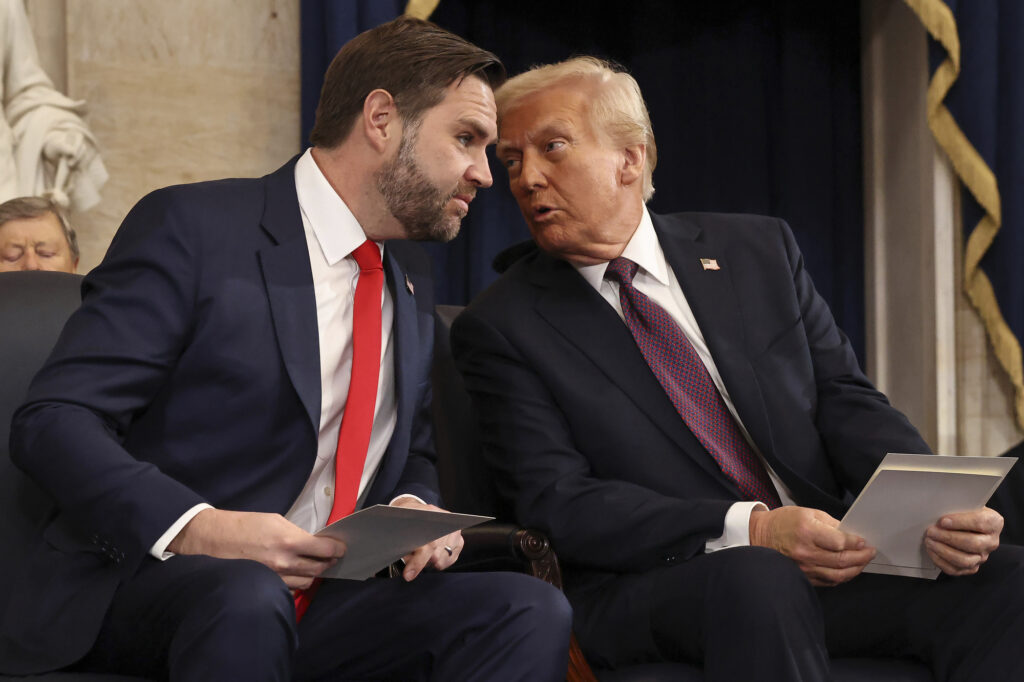
This aligns with Trump's stance that Europe should manage its own defense, marking the end of America's post-1945 role as Europe's protector. This presents an opportunity for European maturity—moving beyond fear of Russian escalation.
The critical decision now centers on Ukraine's role: will it remain a buffer zone or become integral to Europe's security architecture?
Trending Now
If Ukraine is integrated into the European security space, its challenges will become Europe’s challenges. This shift would involve tackling shared security issues from all directions rather than focusing solely on the threat from Russia.
Regarding funding, Samus dismisses the conventional GDP-based defense spending model.
"We should spend as much as the specific task requires," he argues.
He advocates for a task-based approach: define the necessary security components—nuclear capabilities, missile defense, and other systems—calculate their costs, and pool resources over a five-year period to create this comprehensive defense system.
"We freeze the war but demilitarize Crimea"
The Black Sea's control emerges as a crucial element in peace negotiations. Samus emphasizes two non-negotiable conditions: Crimea's demilitarization and the complete expulsion of Russia's Black Sea Fleet to Novorossiysk. He warns that Russia would inevitably begin reasserting control over the Black Sea without these conditions.
"Ukraine may acknowledge that Russia temporarily occupied our territories, but when it comes to Crimea, sorry—get out to Novorossiysk," the expert states firmly.
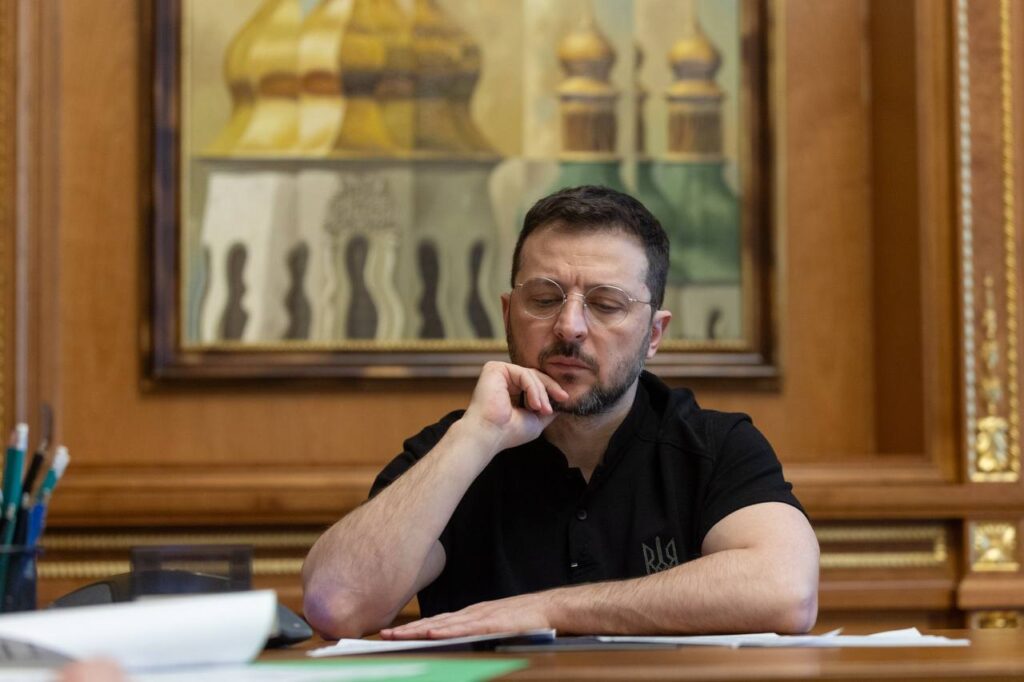
He calls for strict security zones and insists that both the Black Sea and the Sea of Azov must remain under international law, even though the latter is currently surrounded by occupied territories.
"No Russian activities should be allowed there. This needs to be pursued, and it's crucial," Samus argues.
This maritime security should be part of a larger European defense system, with Europe ensuring a naval presence in the Black Sea to enforce these boundaries. Samus envisions a "freeze" on the war, where combat stops, Crimea is demilitarized, and Russia withdraws from the Black Sea.
"Drill, baby, drill!"
While Putin’s willingness to accept a freeze on the war remains uncertain, Samus believes Trump could play a decisive role through economic pressure.
“Trump said he wants a freeze. Let him do it. We know how to make it happen: trade embargoes on Russia,” he argues.
Samus proposes a more aggressive approach based on Kit Kellogg’s observation that sanctions are only 30% effective.
“Cut off Russia’s oil shipments entirely. And meanwhile, let’s get to drilling—start “drill, baby, drill!” Drive oil prices down to $40 a barrel and make Russian oil worthless,” he says.
He maintains that Putin won’t agree to a freeze without such pressure.
The groundwork for economic leverage is already in place. Europe has largely freed itself from Russian gas dependency, with American supplies poised to fill the gap. This shift aligns with Trump’s economic interests.
“Very soon, Europe won’t need Russian gas at all because American gas will take its place. Trump needs to fill the gap with his own oil and gas to profit from the global market,” the expert notes.
In this context, Samus points out the contradiction in positions taken by leaders like Hungary’s Viktor Orbán and Slovakia’s Robert Fico. Despite claiming alignment with Trump, their efforts to maintain Russian gas flows into Europe conflict with his economic agenda.
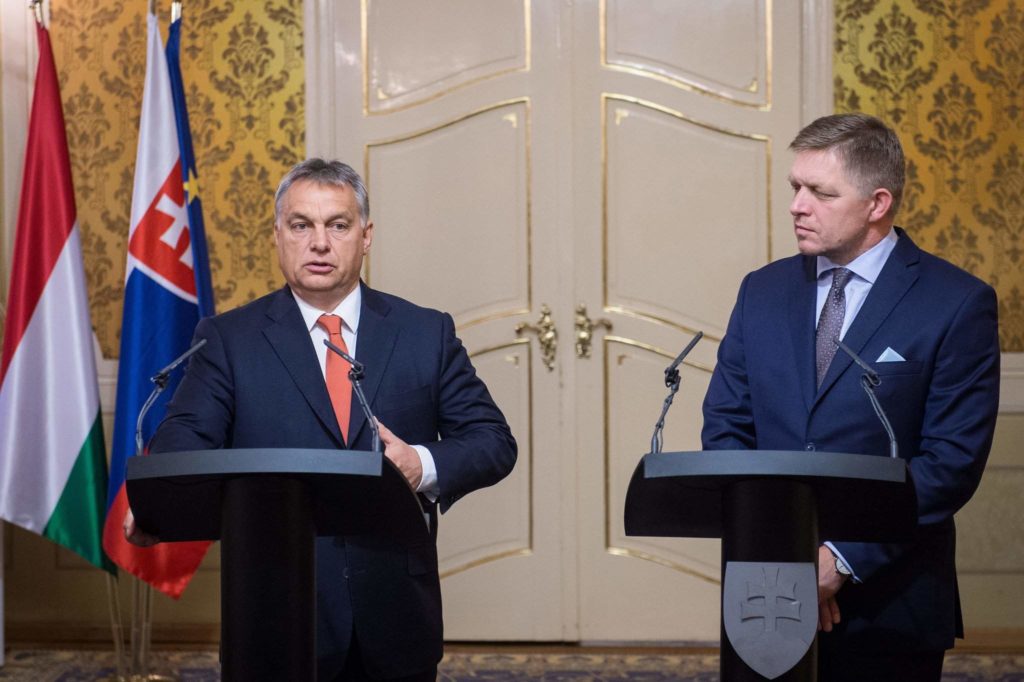
“Orban and Fico are destroying their political futures by pushing Russian gas,” he argues, “because Trump needs to sell gas to Europe.”
Ukraine’s role in this energy transformation could be significant, with its 30 billion cubic meters of gas storage capacity potentially supporting the Three Seas Initiative—Trump’s envisioned project connecting the Adriatic, Baltic, and Black Seas for energy distribution.
Read more:
- Zelenskyy to Trump: Putin pretends to want peace because he's "afraid of you"
- Peace at what price? Bloomberg maps three ways Ukraine war could end
- Zelenskyy and Trump discuss peace talks, drones in hour-long call (UPDATED)
- Pentagon chief: Ukraine must accept new borders, forget NATO in peace deal
- The Insider: As Russia depletes Soviet tanks and artillery, Putin’s Ukraine war drive to end by 2026

